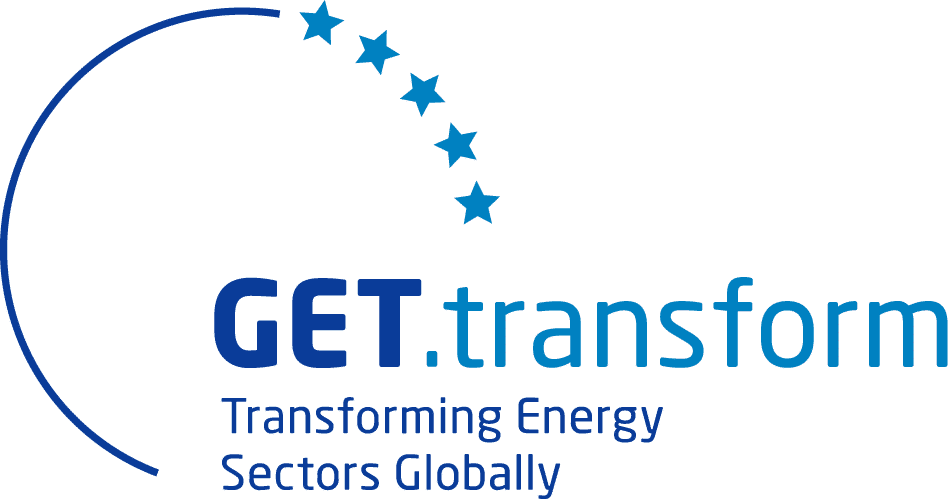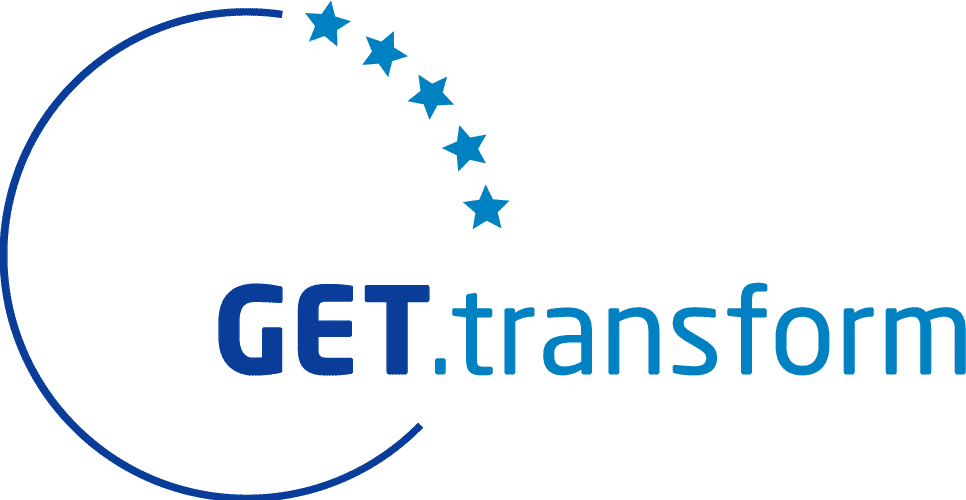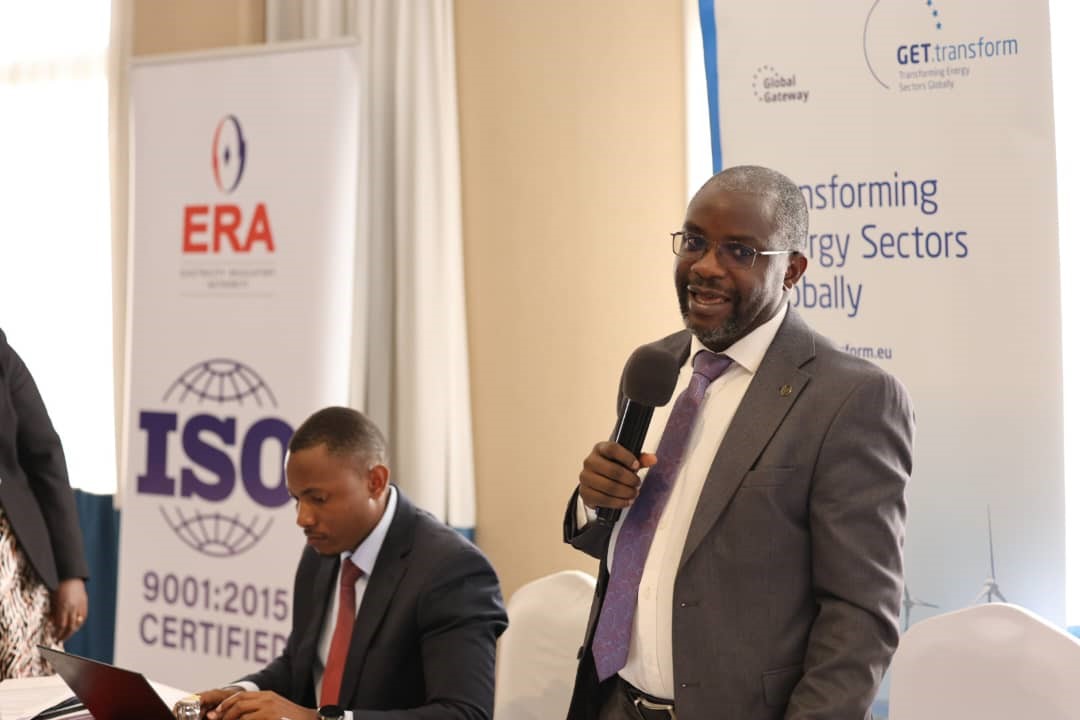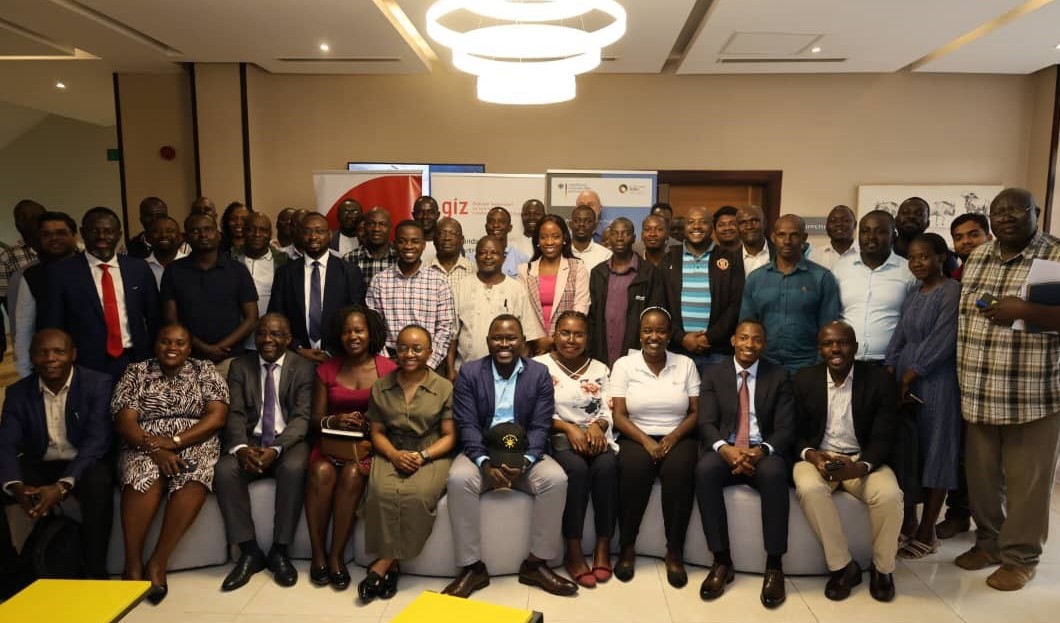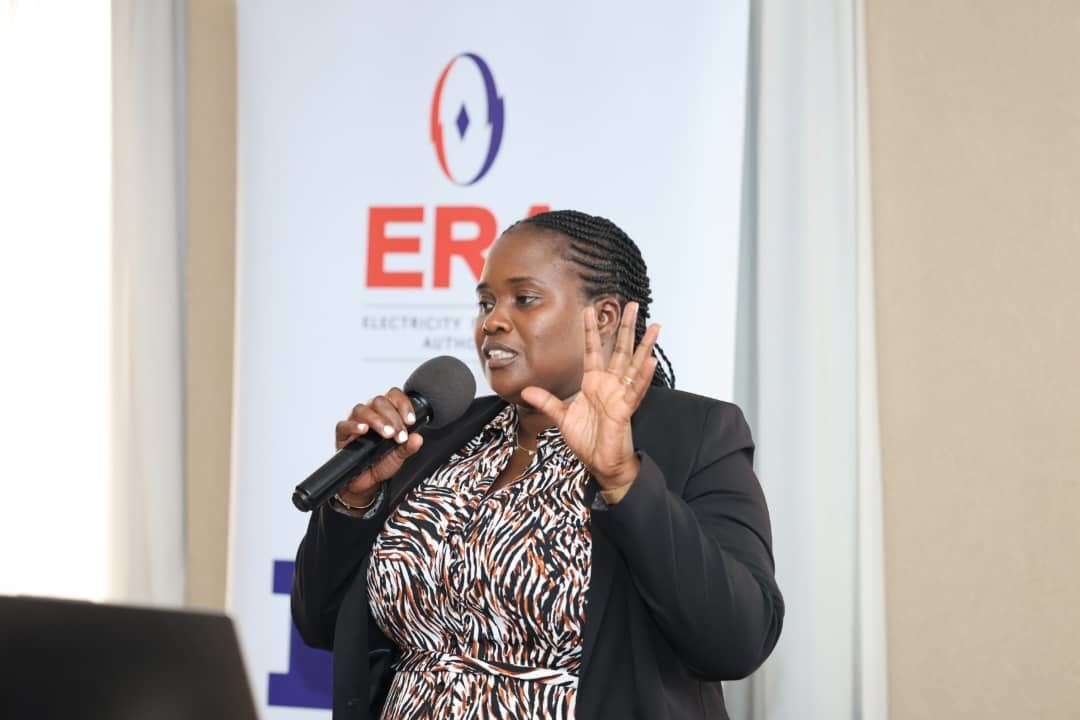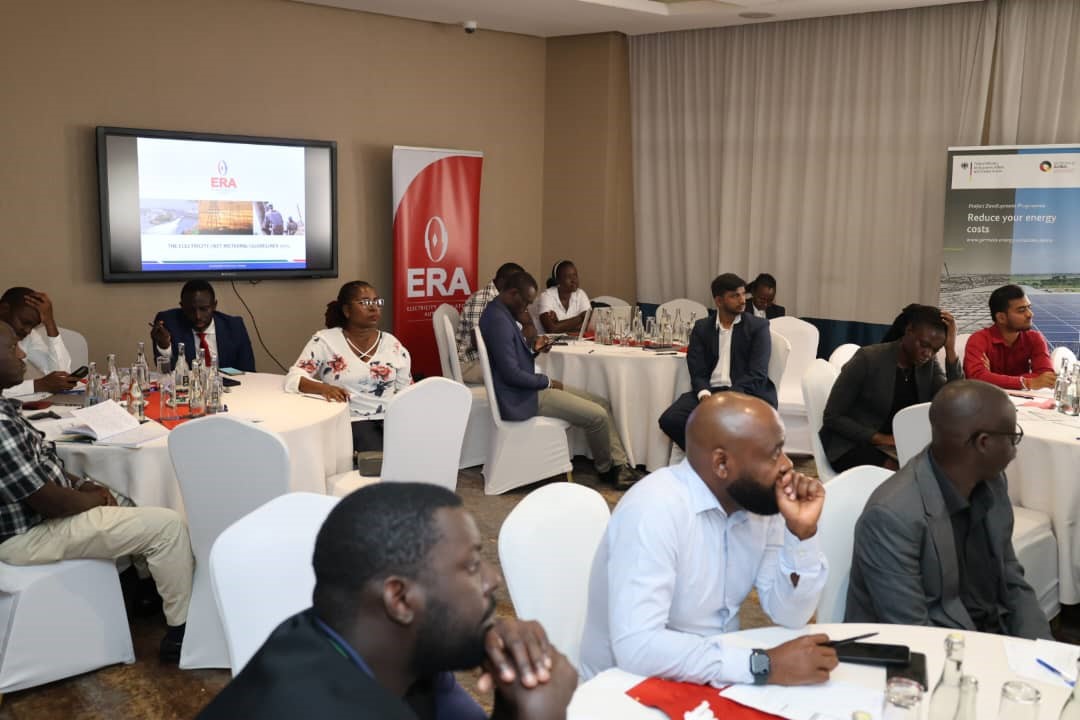On 21 August 2025, Uganda’s Electricity Regulatory Authority (ERA), in partnership with GET.transform, convened a stakeholder consultation workshop to present the country’s draft Net Metering Guidelines. More than 80 participants from across the energy sector, including private companies, utilities, licensed electrical installation professionals, and key government agencies jointly reviewed and refined the draft framework.
The Guidelines have been developed under the Electricity (Net Metering) Regulations 2024 by ERA in collaboration with the Ministry of Energy and Mineral Development (MEMD), the Uganda Electricity Distribution Company Limited (UEDCL), and with technical support from GET.transform through the Policy Catalyst Distributed Generation (DG) Window. The initiative is being implemented by Sustainable Energy Africa (SEA) in partnership with the African Forum for Utility Regulators (AFUR) and the Association of Power Utilities of Africa (APUA).
Speaking at the workshop, Peter Kakeeto, Manager Technical Compliance and Monitoring at ERA, explained that net metering enables eligible consumers, especially those with rooftop solar PV systems to generate electricity primarily for their own use and export any surplus to the national grid. The grid is then acting as storage. This turns consumers into “prosumers”, that is both producers and consumers of power, helping to strengthen energy security while reducing pressure on the central grid.
The Guidelines cover systems up to 500 kilowatts, making them particularly beneficial for institutions, businesses, and households that consistently produce more electricity than they consume. Under this framework, any excess electricity produced can be exported to the national grid and later drawn back for self-use, with the imported energy discounted by 20 percent to cover grid operation and maintenance. A bi-directional smart meter records both imports and exports, classifying customers each month as either net importers or net exporters.
Unlike direct power purchase agreements, net metering does not involve cash payments for exported electricity. Instead, exported energy is credited against future consumption, reducing reliance on costly battery storage and lowering the overall cost of solar adoption.
The consultative workshop provided a platform for stakeholders to share feedback, highlight potential challenges, and suggest improvements to ensure that the framework is practical, fair, and inclusive.
Beyond Uganda, GET.transform continues to support regulators across Africa by offering technical expertise and tools to streamline the assessment of net metering applications. With this framework under development, Uganda is positioning itself to better address the country’s distributed renewable energy needs and strengthen its long-term energy security.
